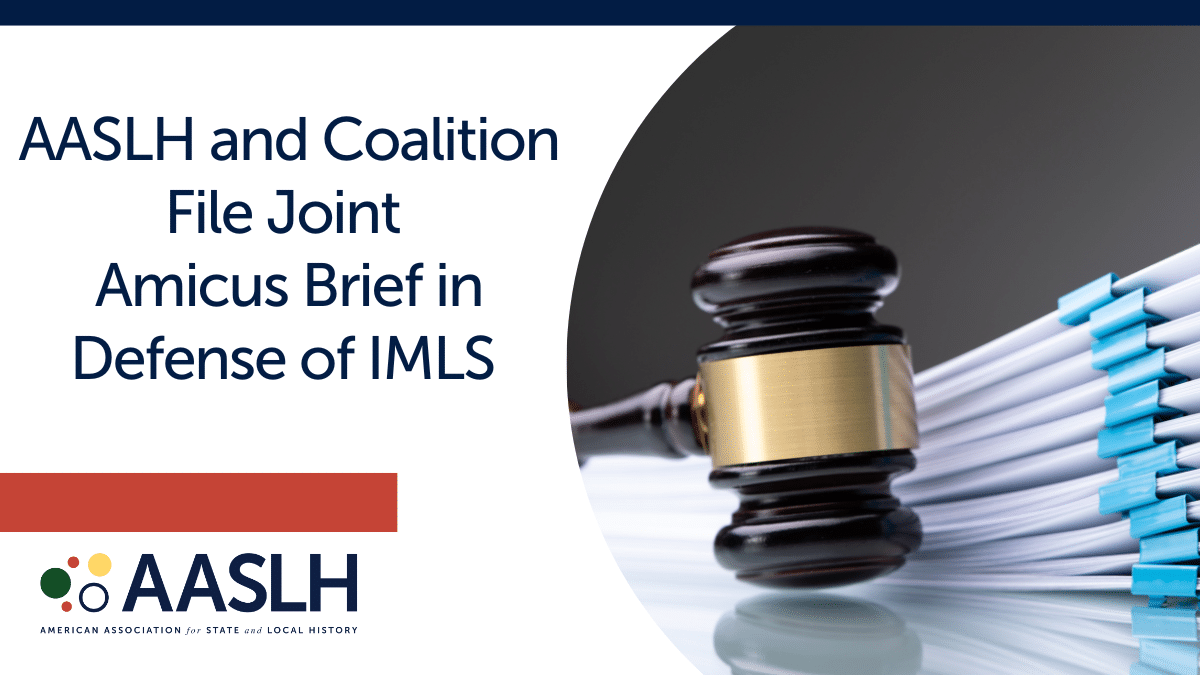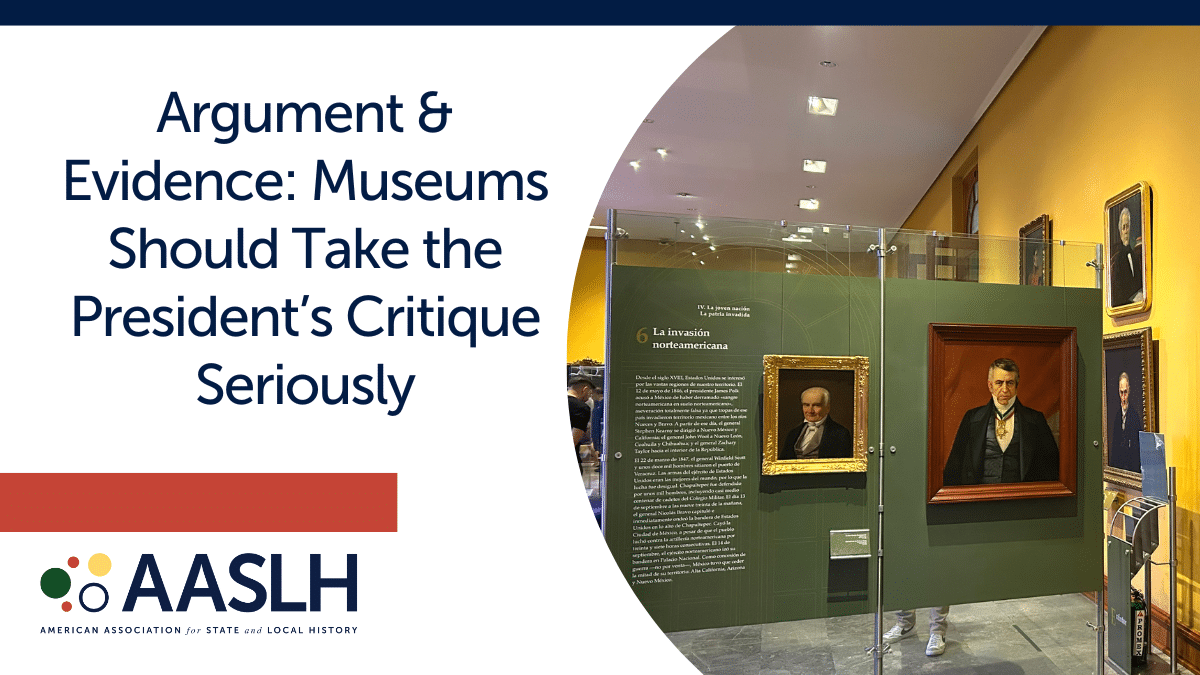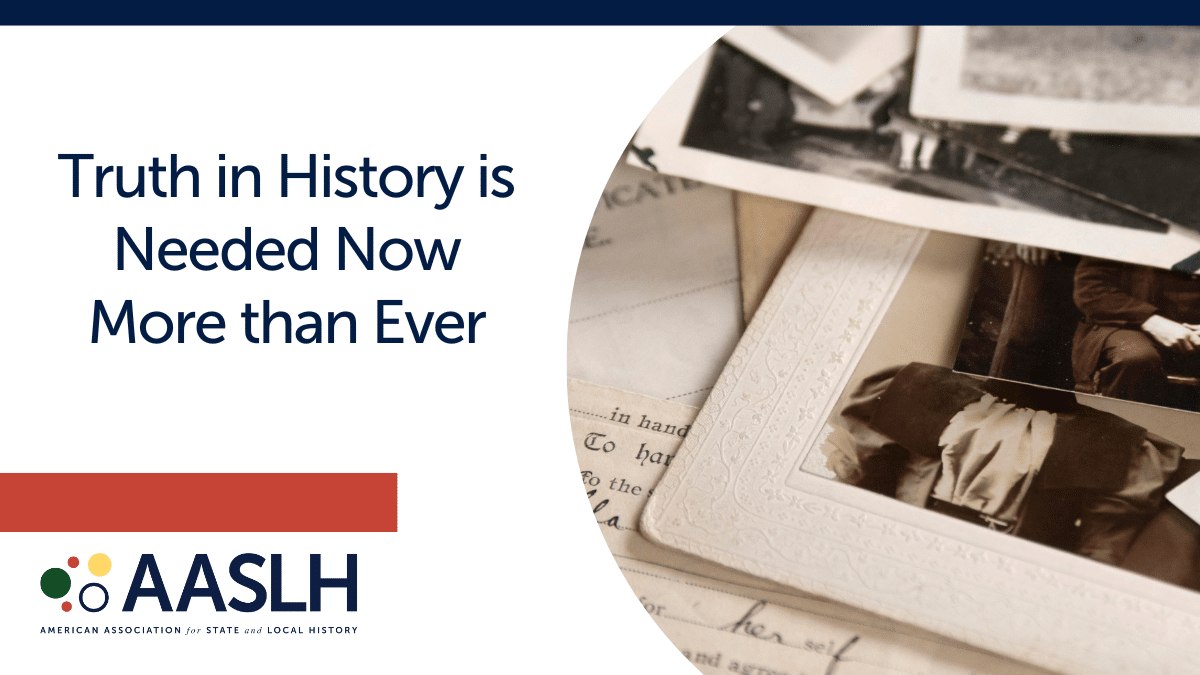
By Modupe Labode, Will Walker, and Robert Weible, Editors of “The Inclusive Historian’s Handbook”
We are excited to announce that the first group of entries in The Inclusive Historian’s Handbook, a free and open digital resource co-sponsored by the American Association for State and Local History (AASLH) and the National Council on Public History (NCPH), will be publicly available in late August. The Handbook’s roll-out will coincide with AASLH’s Annual Meeting in Philadelphia, and the editors and advisory committee members will be on hand to discuss the project and offer tips on how public historians, museum professionals, and other history practitioners might utilize it in their work. They will also be collecting feedback and ideas for additional content from conference attendees.

Phillis Wheatley statue, National Museum of African American History and Culture, Washington, D.C. Photo by Will Walker.
Authored by experienced practitioners, the Handbook’s entries on topics ranging from “Accessibility” and “Civic Engagement” to “Outdoor History Museums” and “U.S. Founders” combine practical advice with critical reflections and telling examples. Because it is a multi-author project, it does not speak with a single, authoritative voice. Rather, authors offer their perspectives and share ideas and recommendations drawn from experiences in the field. It is our hope that the Handbook will serve as an entry point for many different types of history practitioners who are looking to center equity, inclusion, diversity, and service in their work. To this end, each entry offers multiple links to resources as well as suggested readings, such as articles in History News, Technical Leaflets, books, and websites.
The process of developing the Handbook began three years ago with a session at the 2016 AASLH conference in Detroit. From the beginning, the editors and advisory committee strove to model an open, collaborative, and responsive process. At several AASLH and NCPH annual meetings, participants contributed valuable feedback and ideas regarding content. In addition, we have consulted with authors and others who have provided recommendations on how to frame the Handbook and connect it with multiple audiences.
This process is ongoing. As a digital resource, the Handbook is a living document. Throughout 2019 and 2020, we will be regularly adding content until there are approximately one hundred entries in total. By the end of 2020, the “first edition” will be complete. Future “editions,” however, will follow as content is updated and the field continues to shift. The editors and advisory committee have intentionally built flexibility into the project’s design. Although the basic structure will remain in place, we have the opportunity to augment the number of entries and easily revise the content. The advantage of a digital resource is that the Handbook can be both iterative and responsive. As the field evolves and more practitioners contribute to the Handbook, it will grow and change. We look forward to sharing this exciting new resource with you and discussing how its content can be tailored and refined to best support historical work that is equitable, inclusive, and service-oriented.
Continue this discussion at the 2019 Annual Meeting in Philadelphia at the AASLH booth and in the Community Conversations Area, and stay tuned for a September webinar. Annual Meeting Early Bird pricing ends July 9!



